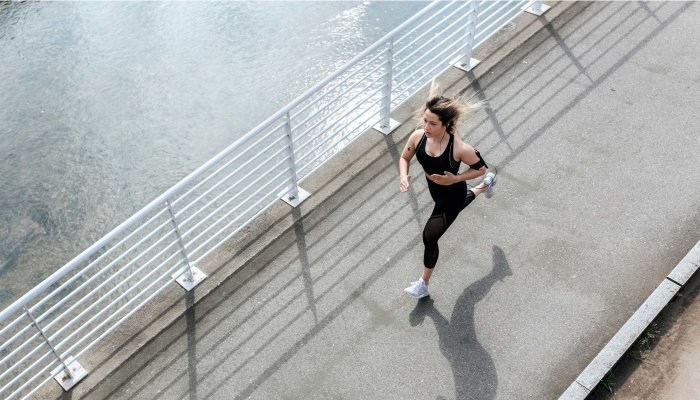Why A Sports Dietitian Recommends Training With Potatoes

“As a performance dietitian, I love to see potatoes finally having a moment versus being vilified as an ‘unhealthy white carb,’” says Kelly Jones MS, RD, CSSD, a board-certified sports dietitian who works with both everyday athletes and top-tier professionals.
“I have worked with cyclists who take mashed potato packets with them on rides as a fuel source and regularly recommend them as a staple dinner starch, too,” Jones explains.
It turns out that a medium potato offers the same amount of carbohydrates per serving as popular sports-fueling products like energy or granola bars, but with more of the nutritious qualities of whole foods and fewer funky additives.
“Taking in carbohydrates during moderate to intense activities lasting 90 minutes or more is essential to maintain intensity and extend the duration of training sessions, and it’s important for those with high activity levels to eat adequate carbohydrates throughout the day,” Jones says, adding that carbs are the most preferred and efficient source of energy for your muscles and brain, meaning they really shouldn’t be avoided, especially if you lead an active lifestyle.
“Believe it or not, carbs don’t just get converted to fat and are actually able to be stored in the form of glycogen in our muscles as a quick source of fuel,” Jones says. Moral of the story: If you don’t eat enough calories or carbs, it’ll be harder to optimize your workouts.
“Potatoes have more potassium than a banana, are an excellent source of vitamin C, and offer some iron, which is important for those engaging in high intensity and long duration activity,” Jones notes.
Plus, the starchy carb has a small amount of fiber and protein, which can help slow digestion and absorption a bit. “This is helpful for those who have sensitive digestive tracts,” Jones adds. So, if you react poorly to packaged products like energy gels or bars, packing a potato for your next tough workout or strenuous hike might just be the move.